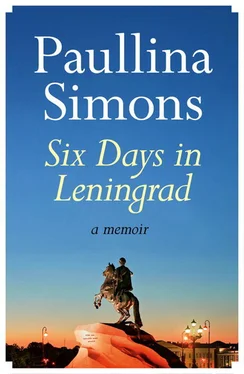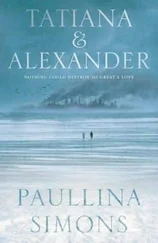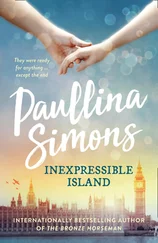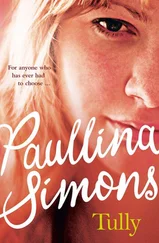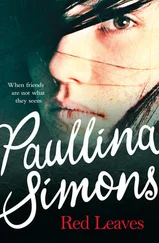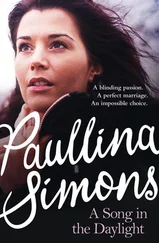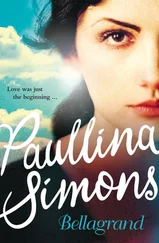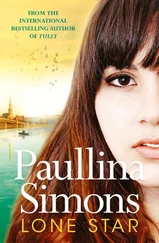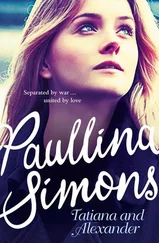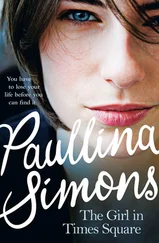There were very few trees. Moscovsky Prospekt had a concrete stoop for a divider between two wide, broken roads.
There were no trees growing on the divider. It wasn’t Boston.
Moscovsky Prospekt, also called Prospekt of Victory, runs in a straight line from the south straight into the heart of Leningrad, as if it’s a stick in the center of cotton candy.
St. Petersburg’s public transportation consists of four options: the tram, the trolleybus, the bus, and the taxi.
Trams, or mini-trains, run on rails in the middle of the widest avenues, like the Moskovsky. Next to taxis, trams are the least common of all the public transport, but they do run to the outskirts of town and they go to all the major boroughs.
Imagine the trolleycar in San Francisco. The trolleybus looks nothing like that. This is a bus with rails.
The rails of the trams are set in concrete that is in varying degrees of disrepair, from badly cracked to ravine-like. The rails are uniformly rusted. Oxidation has removed a good part of the rails; it’s a wonder electricity still surges through them.
As I look at it, I feel sad. The holes in the asphalt around the rails don’t seem like an anomaly. The roads don’t look as if they’re in need of just minor repair.
There is something else too. The streets are empty of people. Where is everyone? I look at my watch.
10:45.
My mind is blank. 10:45 what? At night? In the morning? Had I already changed my watch to Russia time? My attention was temporarily diverted from the streets of Leningrad as I tried to subtract nine hours from 10:45, then add nine hours to 10:45. Five minutes of this and I gave up and asked Viktor. He told me it was 7:45 on Monday morning.
I know Monday morning in New York City — buzzing, teeming with chaotic, purposeful life.
Here nothing looked open and no one was out.
Well, why should they be? Nothing was open.
But wasn’t there work to go to?
There were a few stores. I was amused by the large-scale signs, SONY, or SANSUI, or NOKIA, some translated into Russian, some bilingual, some left in the Latin alphabet. There were stores selling cellular phones and consumer electronics and small appliances.
“Viktor, these stores weren’t here before when I lived here, were they?” I asked.
“Of course not. There was nothing then. It’s much better now.”
I nodded, and then my head nearly went through the roof of the car as we dived into a pot hole.
My father told me after I e-mailed him with a possible title for this book, Thinking About Leningrad, “Paullina, please, don’t ever call it Leningrad. Call it St. Petersburg.”
So I tried.
In my defense I will say that The Bronze Horseman is set during WWII and in those days St. Petersburg was Leningrad.
My Aeroflot tickets stated that I was arriving at LED. When I asked the helpful airline personnel what LED stood for, she looked at me askance and brusquely said, “Leningrad.” As if, duh .
Russians have been waiting 80 years to call their city St. Petersburg again. The affectionate name all Leningraders have for the city is Peter .
When Communism fell, four million citizens voted by referendum and overwhelming majority to rename Leningrad St. Petersburg. Yet everyone you actually speak to still calls the city Leningrad.
We drove past Moscow Station — one of the five major railroad stations in St. Petersburg — and a very famous building in its own right. The Moscow Station had not been painted — since the war? Since which war?
It has probably never been painted.
The Moscow Railroad station is a large imposing blue building with white window frames, apparently in every detail a sister twin of the Leningrad Railroad Station in Moscow. As you come out of the station and look across the big city square you see another large imposing blue building, and on top, in Rushmorian-proportion letters that light up at night, stand the words: HERO-CITY — LENINGRAD.
ГОРОД-ГЕРОЙ ЛЕНИНГРАД.
Viktor told me the sign was there to greet travelers arriving from the rest of Russia by train. Hero-city — Leningrad .
Rename that, I thought. Change that .
Those three words scream in the night, all lit up by the halos of the angels — we starved and we fought and we died, but we did not surrender .
I felt better that I could not easily call Leningrad St. Petersburg.
The letters in the sign are facing every which way. The letters are 20 feet tall and they look as if they’re about to fall over.
We are still on the outskirts of town, I told myself. They haven’t gotten around to repairing it yet. Viktor, as if reading my mind, says, “Everything is kept up much better in the center of town.”
Then we got to the center of town. The road we needed to be on had been cordoned off. The road under repair looked every bit as rough and full of holes as the roads we’d been just driving on.
“They’re repairing it, see?” Viktor smiled. “They do little by little. They’re starting at the center and working their way out.”
I nodded politely.
“It’s much better than before,” he said, as if on the defensive.
My father was right about my hotel, the Grand Hotel Europe on Mikhailovskaya Ulitsa. It couldn’t be in a better location, standing on the corner of Nevsky Prospekt, the Rodeo Drive of St. Petersburg. In 1991, the hotel had been extensively renovated inside and out and was now run by Kempinski, the oldest luxury hotelier in the world. The side of the hotel that faced Nevsky Prospekt was freshly painted yellow stucco with white window trim. The side that faced Mikhailovskaya was freshly painted brown stucco, with ornate stucco window detail. The hotel looked inside and out as if it belonged on the streets of Paris.
Dutifully I offered Viktor money just as my father had instructed, but he refused, saying we would take care of it later. We agreed, as per my father’s directive, to meet at 3:30 that afternoon.
The desk clerk spoke to me in courteously accented English as he took my passport and visa, promising to return them to me in a few hours. I asked him why he needed my passport and visa. He told me, by way of explanation, “You’re going to be exchanging currency.” As if nothing more was required.
“Yes, that’s true,” I said.
He smiled, self-satisfied.
“But I’m not going to be exchanging currency now .”
“Yes, but later,” he explained.
Ah, yes, later. Okay. He took my passport and my visa, and I went to my room.
“Will there be more bags, madam?” said the bellman.
“No,” I replied. “Just the one.”
It was Monday morning, 12 July 1998, 8:30 a.m. Russian time, or Sunday night, 11:30 p.m. Dallas time. Aside from the three hours of unsober sleep and one hour of tense and uncomfortable sleep on the Aeroflot flight, I hadn’t slept in any time zone since 8 o’clock Saturday morning. How many hours was that? Thirty-six? I then and there made myself a rule to stop counting after 30 hours of wake-time.
My room had a large entranceway, and the main room was taller than it was wide. It had 20 foot ceilings, a crystal chandelier, and gilded ceiling trim. The two twin beds (!) had down pillows, down mattress pads and down quilts. I was afraid to sit on the bed for fear that I would fall asleep in a sitting position. I didn’t come to St. Petersburg to sleep. I was going to unpack and take a walk.
After I called Kevin, I looked out my window, which had a built-in thick ledge of about 18 inches. How thick are these walls, I marveled, comparing them with the two-by-fours that had framed my house in Texas. It had looked like a house made of sticks before the sheetrock and the stucco went up.
Читать дальше
